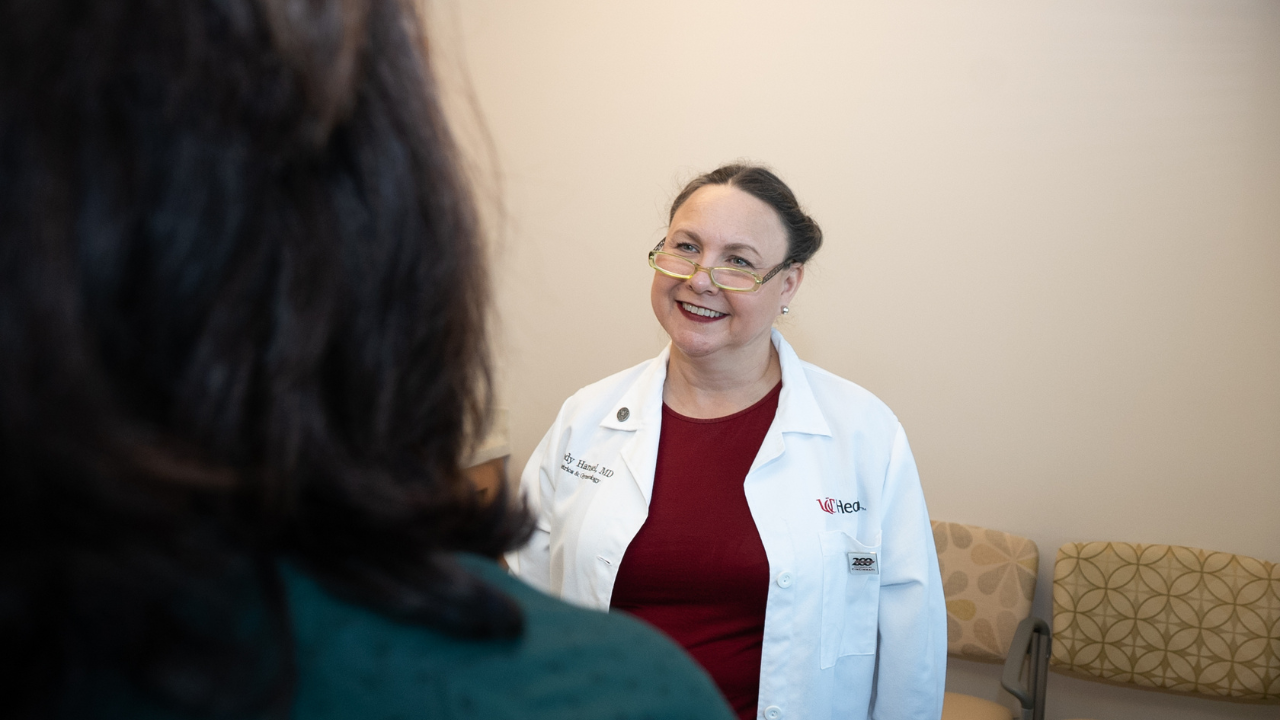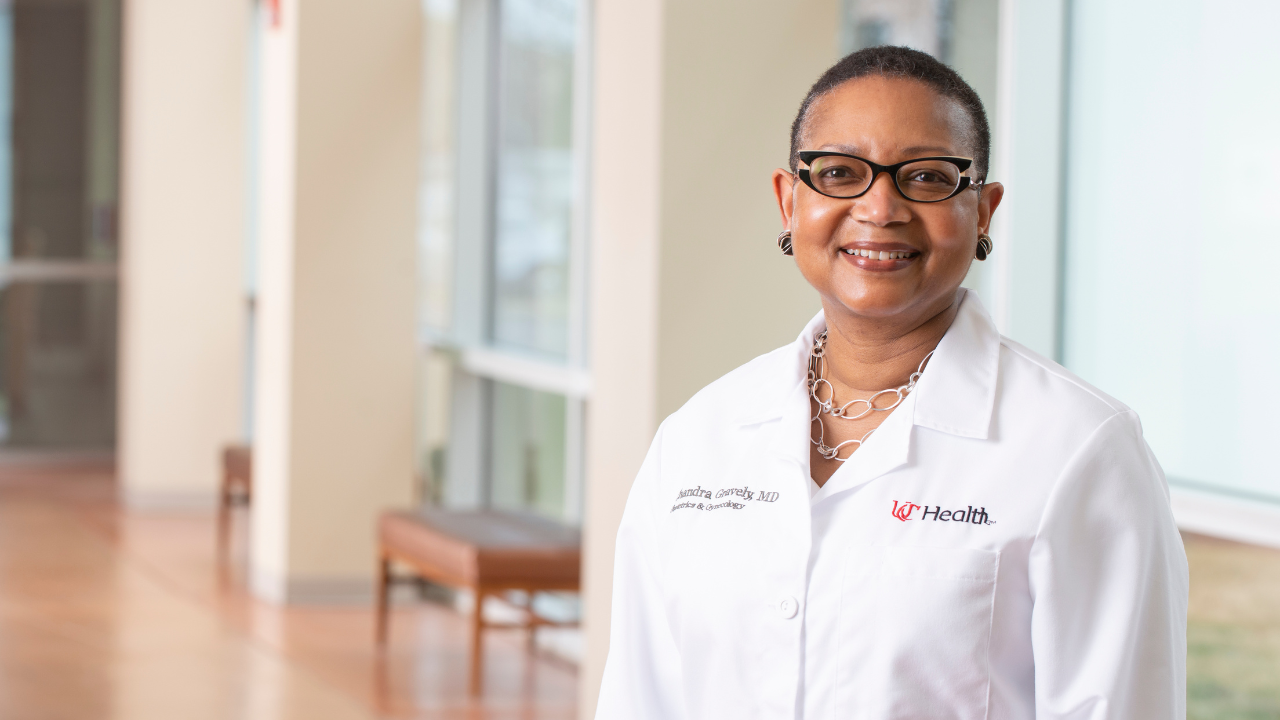For those of us in medicine, it's a chance to reflect on how far we've come—and how much work there still is to do. After all, while women make up nearly 70% of the healthcare workforce globally, only a small fraction—about 25%—hold leadership roles. That’s a gap we all feel, whether in the conference room, clinic, or operating theater.
Here at UC Health, the landscape is changing, though. More than half of the students in our MD program are women—53.5%, to be exact. These students are tomorrow’s physicians, surgeons, and medical researchers, and we can’t help but feel proud of what they’re going to accomplish. Their successes will build on the foundation laid by the women who came before them, the pioneers who pushed through barriers so that women can follow with fewer hurdles in their way.
This year, as part of our celebration, we want to shine a light on five incredible female leaders from UC Health—women who have dedicated their careers to advancing medicine and who also remind us that the future of healthcare is bright, compassionate, and yes, still very female.





